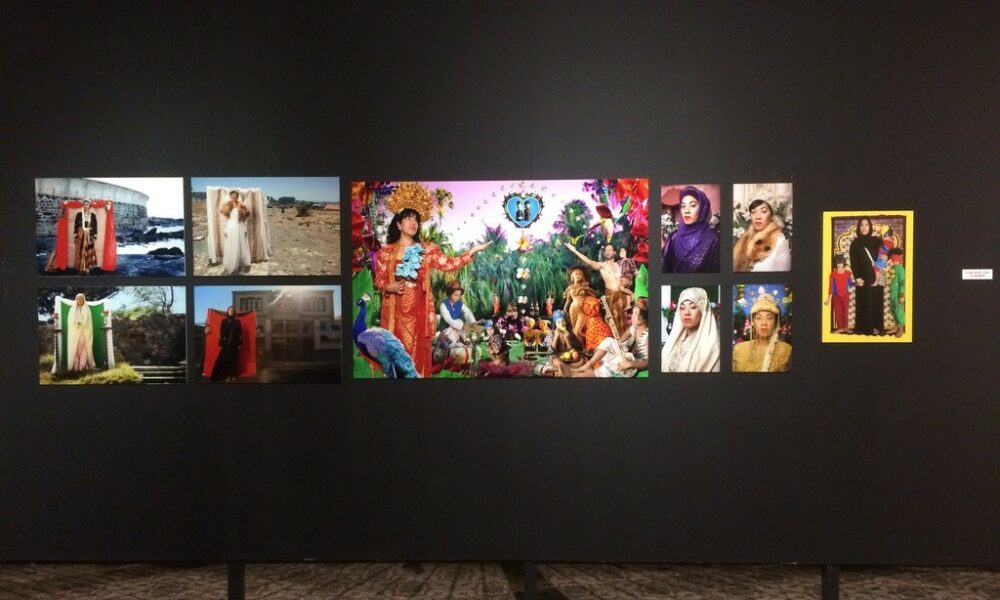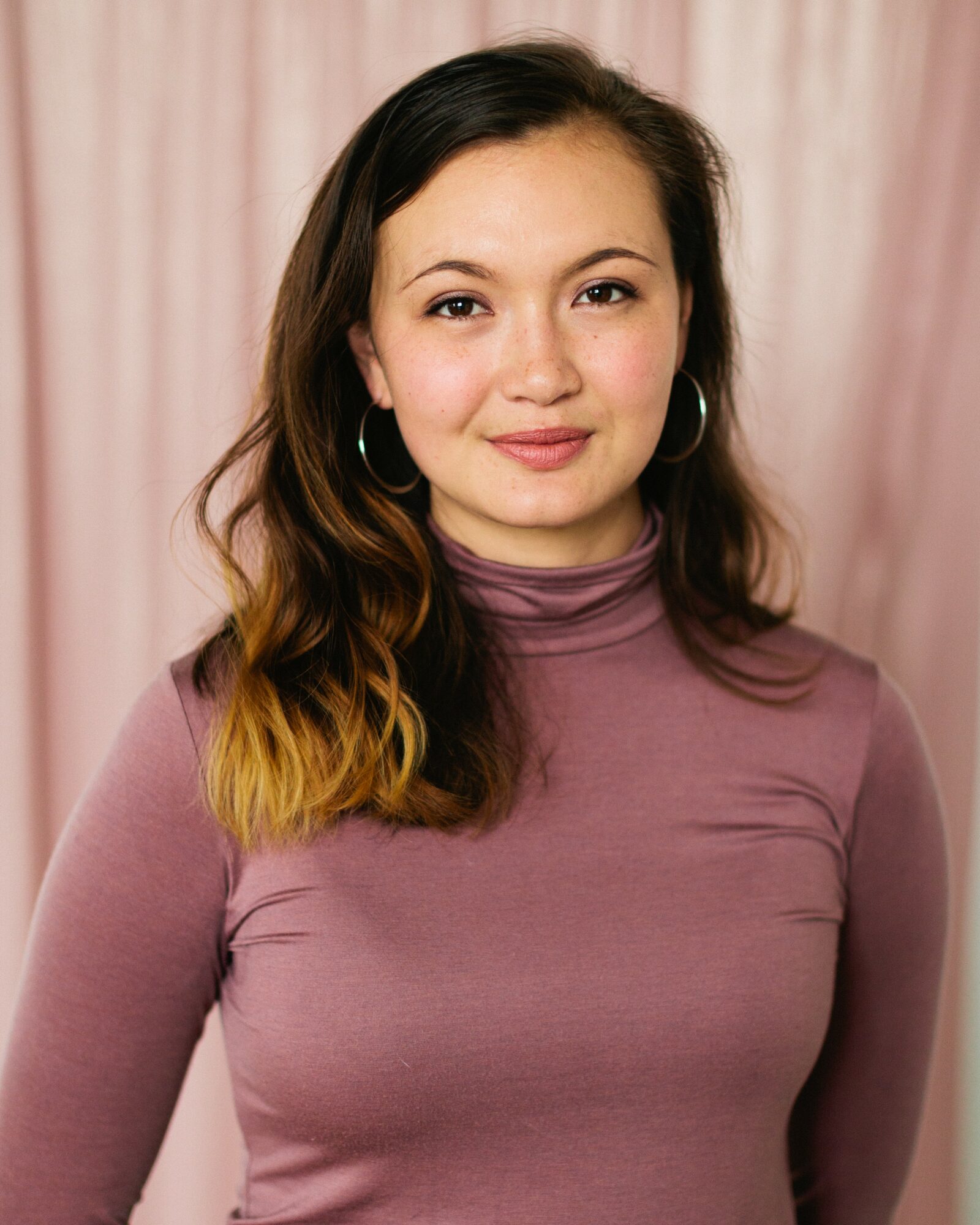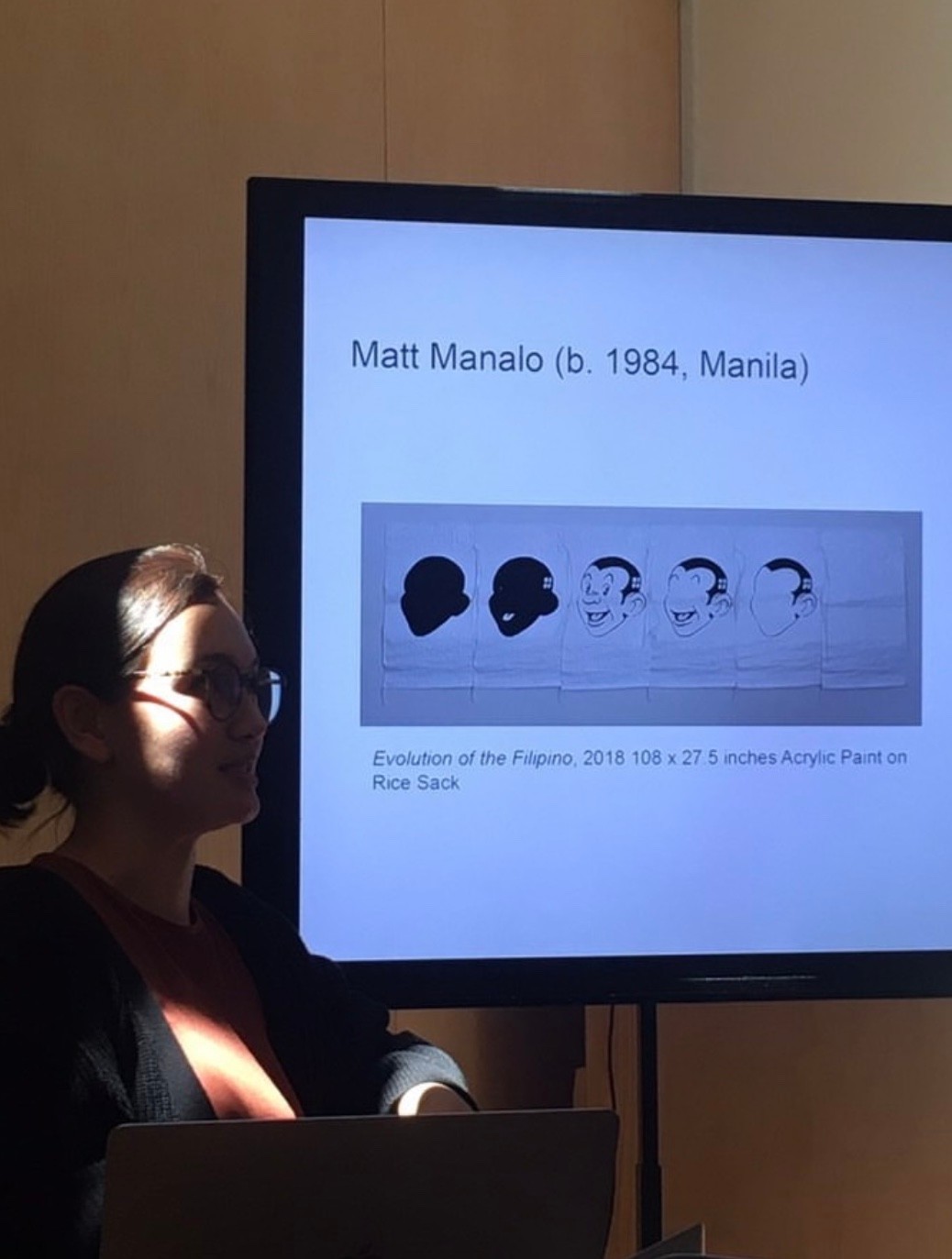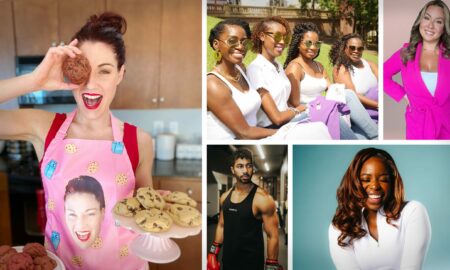

Today we’d like to introduce you to Erika Mei Chua Holum.
Hi Erika, we’d love for you to start by introducing yourself.
I am a Filipinx-American born and raised on the northwest side of Houston. I studied at a small college in Illinois, and during this time, I prioritized traveling and learning as much as I could. I spent time studying or conducting research related to art and visual culture in London, Brisbane, Jakarta, and Cape Town. It was important for me to learn in classrooms in addition to lived experience. While I was studying at the University of Cape Town, the Rhodes Must Fall movement was an energetic, burgoening movent on campus to push for a decolonized curriculum within art history. I took a course by art historian and curator Nomusa Makhubu, which centered art and art history produced on the African continent and sought to decenter and dismantle the pedagogical power of the European canon within the art historical tradition. Through this experience, I shifted from pursuing a law degree to working in the arts after witnessing the ways artists hold a powerful place to craft and shape new imaginations vital to the work of decolonization, anti-racism, and self-articulation within movements for freedom and liberation. I moved to Chicago and completed a Master’s degree in Museum and Exhibition Studies before returning home to Houston to work as Assistant Curator at the Blaffer Art Museum at the University of Houston.
Can you talk to us a bit about the challenges and lessons you’ve learned along the way? Looking back, would you say it’s been easy or smooth in retrospect?
Curatorial practice and museum work have not always created opportunities for historically marginalized communities in the field. While slow progress is being made, these spaces are often predominately white and challenging to navigate for individuals who desire to see systemic change and greater access for minoritized people. I think the most important part of working for arts and cultural institutions is staying engaged with community efforts that aren’t always included in museums. It is important to always look for ways to support community leaders and uplift the important work already being done for BIPOC communities. Prior to working in the field of arts and culture, I worked in direct service and education. Before starting graduate school in Chicago, I was based in Malaysia with Fulbright and started a program to educate secondary-level Rohingyan students living as refugees along the western peninsula. In Chicago, I was a social worker for an organization that supports survivors of domestic violence from immigrant and refugee communities. I have always believed all these paths are connected to the purpose of building stronger communities to see alternative futures to historical processes of displacement, disenfranchisement, and marginalization.
As you know, we’re big fans of you and your work. For our readers who might not be as familiar, what can you tell them about what you do?
My career in the field of arts and culture includes projects inside and outside of museums such as makibaka! Fifty Years of Filipino-American Youth Activism at Alief Art House, Duro Olowu: Seeing Chicago at the Museum of Contemporary Art Chicago, the Second Edition of the Lagos Biennial in Nigeria, and Obscura Festival of Photography in Malaysia. I have also held positions at the Terra Foundation for American Art, Chicago Public Libraries, European Cultural Academy, and 32° East | Ugandan Arts Trust. As Assistant Curator at the Blaffer Art Museum, I work on contemporary art exhibitions and programs for artists working both locally and internationally. My curatorial practice and academic research tends to focus on artistic practices, south-south relationships, ways of gathering, and archival methods following forms of displacement connected to the Global South. In both theory and practice, I believe it is important to challenge white supremacy culture within art and cultural institutions through active and intentional efforts to listen to one another, take risks, and speak truth to power to create meaningful change in society.
Alright, so to wrap up, is there anything else you’d like to share with us?
I am always available to speak more with people interested in doing work in the arts, either in Houston or anywhere in the world. Feel free to reach out to me on social media or email. Instagram: @erikameichua or erikaholum@gmail.com
Contact Info:
- Instagram: @erikameichua


Image Credit:
Installation view of I AM ROYAL by Thania Petersen at the Obscura Photography Festival, 2018.










